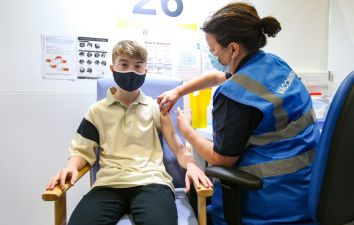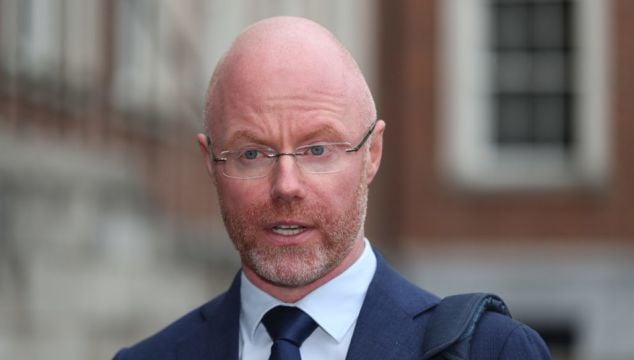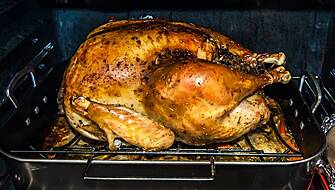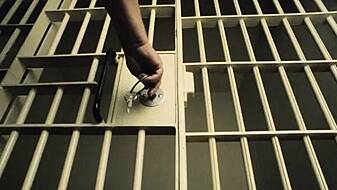Minister for Health Stephen Donnelly has raised concerns about a “non-Covid wave” of patients putting pressure on the health service.
He said that deferred care for cancer patients and others because of the pandemic would push up waiting lists, which are already at over 900,000.
The Minister said he wants to implement a number of initiatives to tackle this, but added that they will be “expensive”.
He indicated he would like to keep “as much as possible” of the Department of Health’s €21 billion budget allocation from last year, despite warnings from the Department of Finance that borrowing will need to be reduced.
Mr Donnelly said: “I’m very concerned about this, the non-Covid wave, we’re already seeing it.
“We’re seeing people presenting to emergency departments now at levels we would have seen in previous winters. They’re sicker, they have deferred their care.
“Some of the time they’re older, they have a longer average length of stay.”
He added: “I think deferred cancer care and deferred cancer identification is a real issue, and there will be issues across other clinical areas.”
Mr Donnelly told RTÉ’s Today With Claire Byrne he believed this was happening as a result of people not attending emergency departments or their GPs during pandemic lockdowns.
The Minister outlined a number of areas he would be seeking funding for in the forthcoming budget in October.
He said: “I’ll be looking for funding for universal healthcare, for waiting lists, for the winter plan, for women’s healthcare, for public health, mental health.”
Asked if he was looking to keep the €21 billion allocation from last year, he replied: “I’d love to hang on to as much of it as possible.
“But really that’s an ongoing conversation between health and public expenditure.”
One measure to tackle the non-Covid wave of patients will be to recreate the winter plan from last year, Mr Donnelly said.
“Last year’s winter plan was really successful, it was very expensive, but it was really successful,” he said.
“We had the lowest trolley numbers on record for winter, but we only had a 12 per cent reduction in people arriving to the emergency departments. We need to do that again.
“We have to build up the permanent capacity in the system and we’re in the middle of the biggest expansion in public healthcare capacity in a very long time.”
Mr Donnelly said waiting lists are now over 900,000.
“They were too long before Covid arrived here and they’re much, much longer so we’ve got to do all of these things,” he added.
As of midnight, Monday 6th September, we are reporting 1,470* confirmed cases of #COVID19.
As of 8am today, 367 COVID-19 patients are hospitalised, of which 59 are in ICU.— Department of Health (@roinnslainte) September 7, 2021
Mr Donnelly said these measures would be part of a move towards universal healthcare, as promised under the Sláintecare programme.
He said: “What I want is a budget that funds the priorities, and the priority, the mission is universal healthcare.
“We have a completely unfair system in this country where a huge number of people can’t get access to care when they need it.
“Ultimately that’s the mission, universal healthcare. When you need healthcare you get access quickly to high quality healthcare.”
Minister Donnelly also said that Ireland’s phased approach to reopening society is working, with the 14-day incidence rate of Covid declining to 450 per 100,000, compared with 550 a few weeks ago.
More than 90 per cent of the adult population will be fully vaccinated in the coming days, while 88 per cent of those over the age of 16 are fully vaccinated.

In terms of the total population, 70 per cent are fully vaccinated.
On Tuesday, an additional 1,470 confirmed cases of Covid-19 were reported by the Department of Health.
There were 367 patients in hospitals with the disease, a decrease of 17 on the previous day, while the number in intensive care units remains unchanged at 59.







